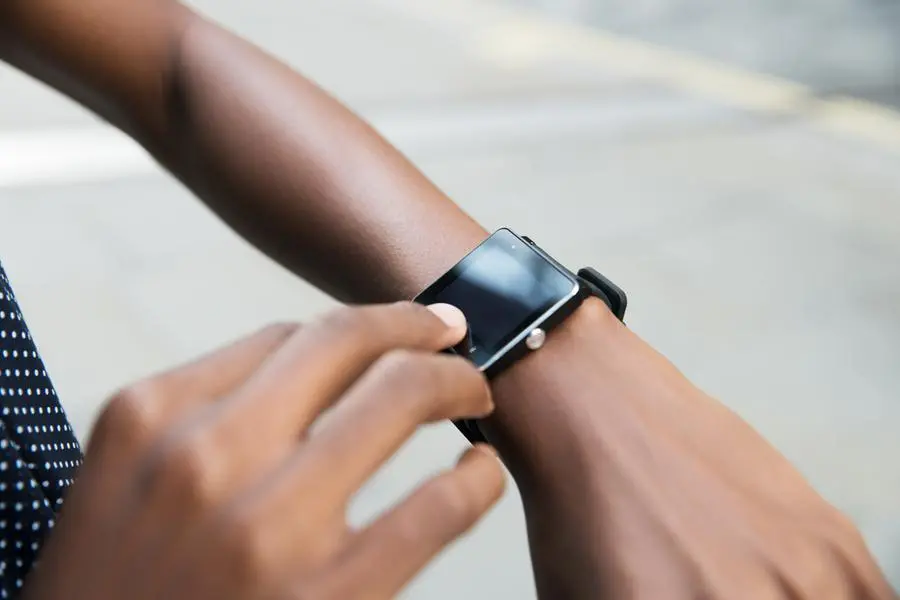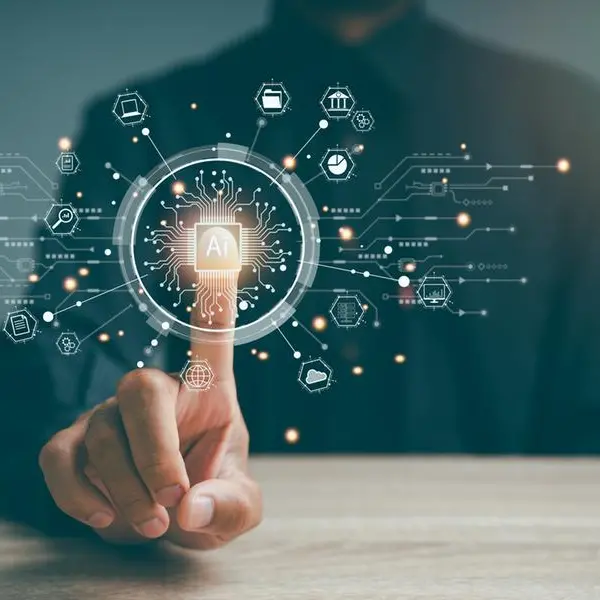PHOTO
Smart wearables could equip human beings with a “sixth sense” of sorts according to experts at the Dubai Future Forum (DFF). “For me, the sixth sense is really about our ability to control our future,” said speaker Pawel Swieboda, founder of brain health policy hub Neurocentury. “And here, wearables can provide helping hands.”
Pawel gave the example of how wearables can significantly improve the management of diabetes. “It's really about regaining our ability to control our destiny in a meaningful way,” he said. “Wearables are the most intimate mirror we have. We contain thousands, if not billions of data points in every centimetre of our skin. The sensor is the receptor. All this is being picked up by wearables. It's a wealth of data and knowledge about ourselves.”
He was speaking at a session that addressed how bionics and wearables could impact the future of medicine and healthcare. It was part of the DFF, which saw over 2,500 futurists specialized in vital future sectors from 100 countries coming together to anticipate challenges, imagine opportunities, share knowledge and shape the future.
Professor Paolo Dario from the Dubai Future Labs explained how when he started 40 years ago, the thought of bionic wearable arms were considered a science fiction. “But that is a reality now,” he said. “Forty years of international consistent research has got us here. So, yes, I believe that wearables can give us a sixth sense.”
He further elaborated that wearables can be broadly categorized into four groups. “The first kind is ingested,” he said. “There are devices that you can swallow. They can either move in our gut or stay inside and become our invisible companions. Then there are other companions that are bionic limbs. Those are part of us. Then wearable in the strict sense, something that we put on and become our twin, like the exoskeleton.”
The exoskeleton suit is a soft robotic wearable devices that is worn by those who require daily upper limb support. He further elaborated that the fourth kind of wearable are wearable companions like smartwatches and heart monitors.
Change in healthcare system
According to Pawel, wearables will find a lot of use in the healthcare system, especially in clinical trials. “There are already devices which are adapted to the needs of clinical trials,” he said. “So wearables can be important in signalling to the scientific team that there is an issue worth looking at.”
He further elaborated that the devices can be impactful in patient stratification. “It can help select the right patients for clinical trial,” he said. “This is a huge challenge. Many patients in clinical trials are misdiagnosed. So here we're going to see an important part of the solution. And then also monitoring patients at home and in as part of the clinical trial.”
Design for the differently abled
Another speaker on the panel, Ken Chua- Director of (these)abilities, an inclusive design and technology agency- said that it was important for innovators to design wearables with the differently abled in mind.
“The disabled community often have to wait for years for technology to trickle down to them,” he said. “However, I think that when we apply an inclusive design lens towards developing a lot of these technologies, it can allow us to actually see things differently.”
He gave the example of autocomplete. “It is tremendously beneficial in allowing us to be faster in communication,” he said. “But did you know this technology was first developed for people with upper limb extremities who could not type. And that's something that we all enjoy. So that's what I always try and encourage people to do when they're looking at building new technologies, let us look at the entire human spectrum."
Copyright © 2022 Khaleej Times. All Rights Reserved. Provided by SyndiGate Media Inc. (Syndigate.info).





















